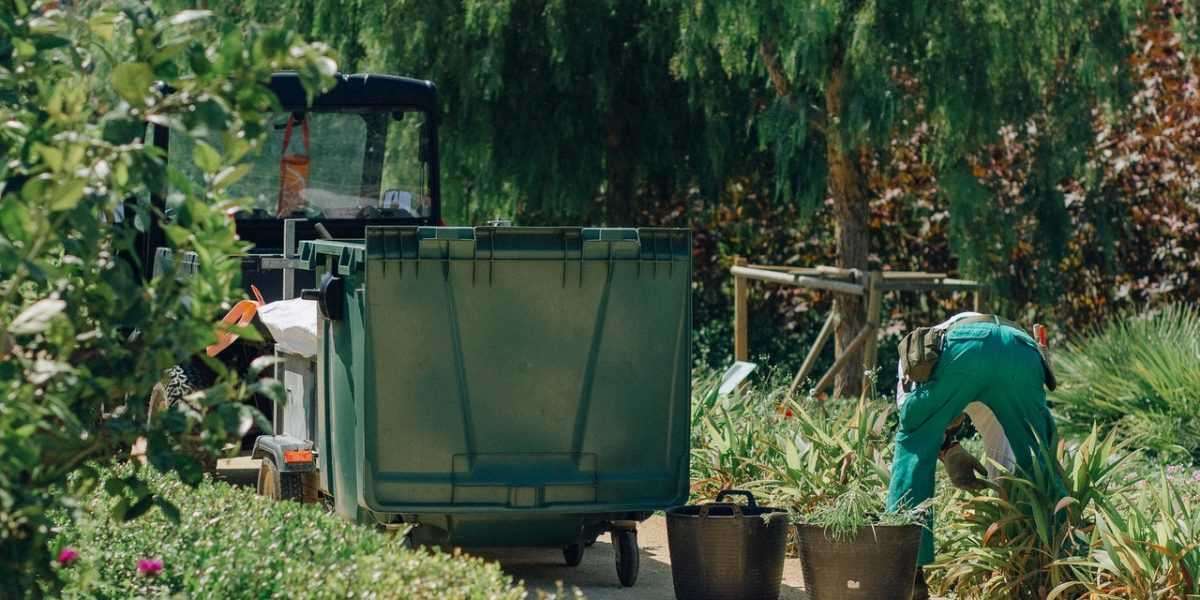The disease can only happen when three factors coincide: you have a plant that can get sick (a host), a pathogen that can invade the plant (like a fungus, bacterium, or virus), and environmental conditions that encourage the disease (like humidity or drought).
The disease would not occur if all of these items are not present, so mitigation means knocking at least one side of the triangle out. Rather than waiting in your garden for an issue to pop up, consider consulting a horticulturist for your gardens in Melbourne to be the best defence against disease.
What follows are 10 ways to remove at least one side of the triangle of disease and keep your plants healthy with the right plant selection.
Examine Plants Thoroughly Before Their Sourcing
In your garden, the best way to limit illness is to avoid introducing it in the first place. With a new plant, having a disease is not the kind of bonus that either of us needs. What a good plant should look like is one of the hardest things to remember, making it impossible to know if the one that you want is sick.
Collecting a few books, magazines, and catalogues that display what a healthy specimen looks like is a smart idea. Don’t carry a plant with dead spots, rotted roots, or insects back home. These issues can spread easily to your healthy plants and are often difficult to get rid of once identified.
Use Fully Composted Yard Waste
Not all materials decompose at the same rate in a compost pile. Some products, although others have not, may have deteriorated enough to be placed in the garden. Thorough composting for prolonged periods of time produces high temperatures that actually destroy any pathogens in the material.
Potential diseases can be reintroduced into your garden by contaminated plant debris that has not undergone this process. You should avoid using yard waste as mulch under sensitive plants if you are not aware of the conditions of your compost pile, and avoid putting potentially contaminated debris in your pile.








